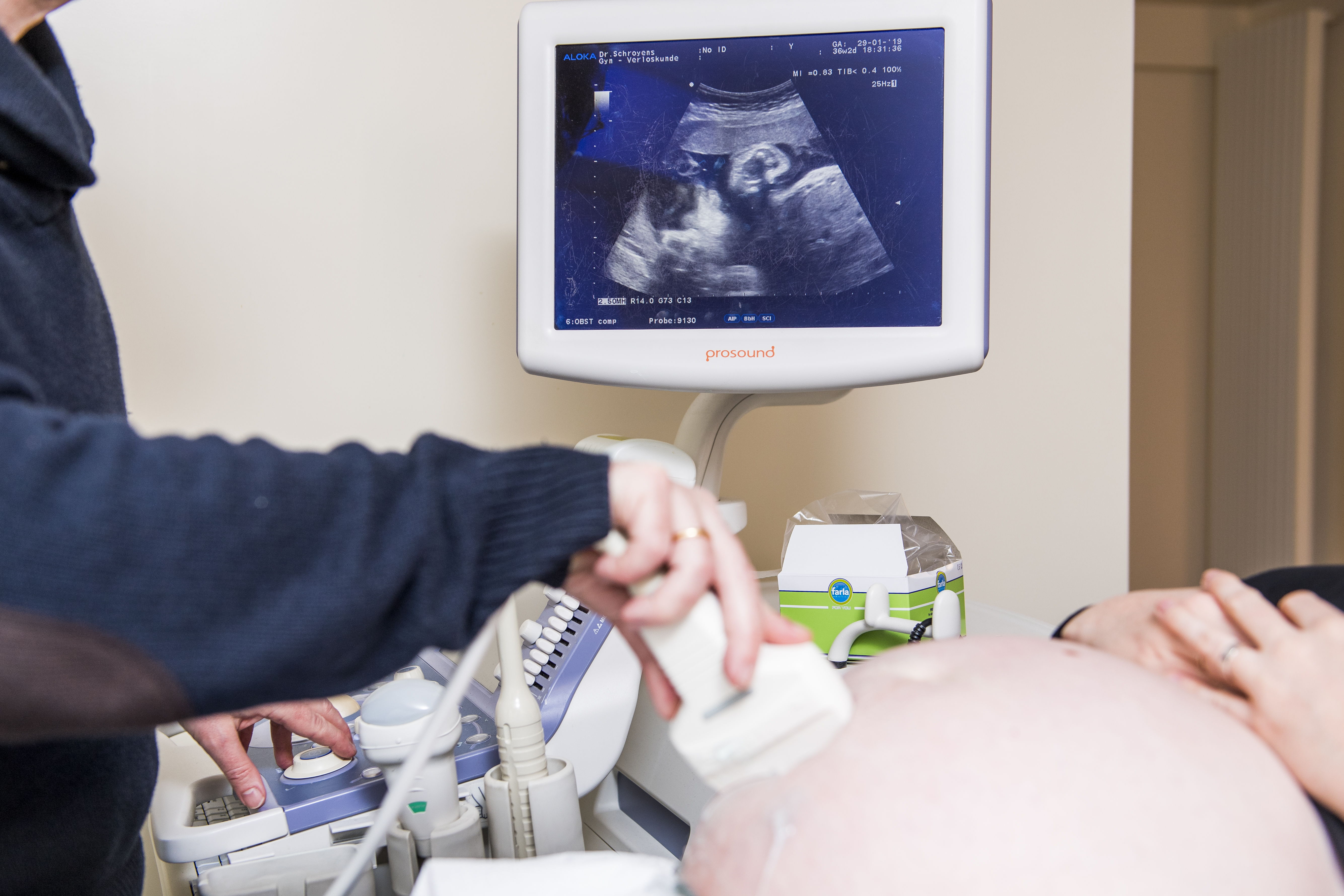Over 40 per cent success in IVF with frozen eggs after age 40, UZ Brussels reveals

More than 40 per cent of women who had their eggs frozen at Brussels IVF centre for reproductive medicine had a child after the age of 40 when they used their own eggs for fertility treatment, according to figures from UZ Brussel university hospital.
Although more women are choosing to freeze their eggs, there has been a lack of evidence about the effectiveness of IVF treatment. According to UZ Brussel, success rates after using frozen cells have never before been reported in Belgium.
In addition, the Brussels IVF study is "one of the first and largest studies in Europe on the outcome of women who have had their eggs frozen as a means of counteracting the loss of fertility due to increasing age".
The study included 843 women who had their eggs frozen at the centre for non-medical reasons between 2000 and 2019. The average age of the women was 36, and most of them did not have a partner. 231 women returned to the centre before May 2022 to start fertility treatment. Just under half (48 per cent) used their own frozen eggs as part of their treatment.
106 of the 231 women have since given birth to a healthy baby. Of the 110 women who underwent treatment with their own frozen cells, 41 per cent gave birth, at an average age of 42 years. "These results offer prospects for women who, at around 35, do not have a suitable partner to have a child and have their eggs frozen to buy time," said UZ Brussel.
"These results offer prospects for women who, at around 35, do not have a suitable partner to have a child and have their eggs frozen to buy time"
The Guardian reported in June last year that the average IVF pregnancy rate using frozen embryo transfers had risen from around 7 per cent in the 1990s to 36 per cent in 2021. The average IVF birth rate using frozen embryo transfers has also risen from around 6 per cent in the 1990s to 27 per cent in 2021. The 41 per cent success rate reported by Brussels IVF therefore appears comparatively high.
The centre's results and success rates have been published in Human Reproduction, the scientific journal of the European Society of Human Reproduction and Embryology.
© BELGA PHOTO JASPER JACOBS